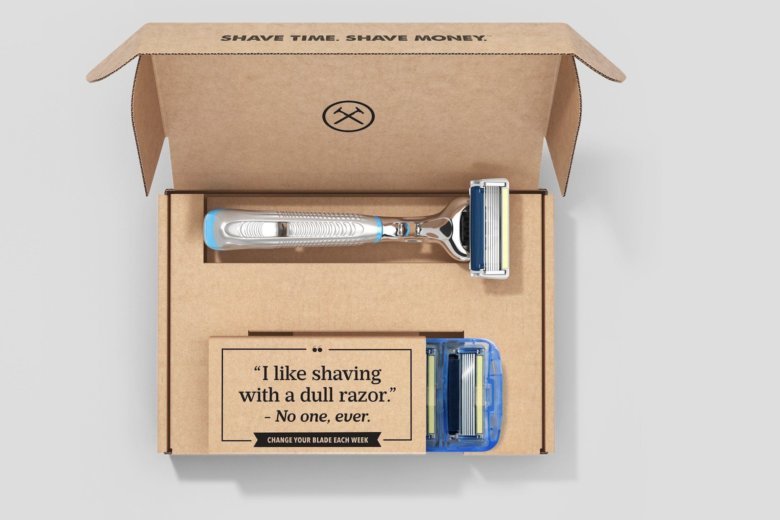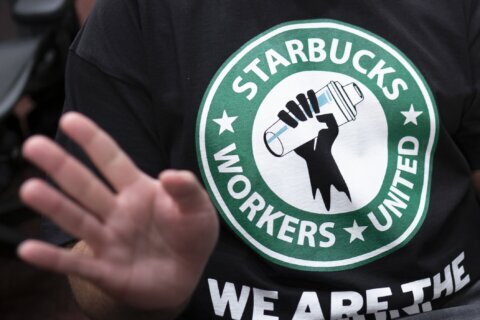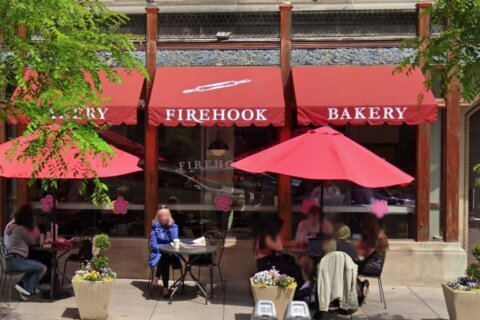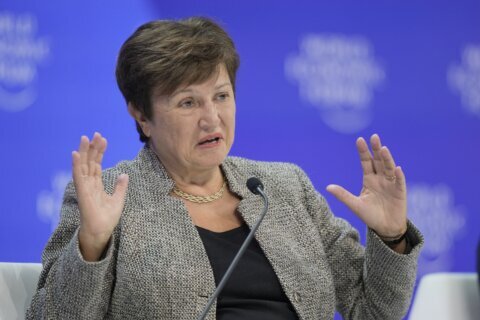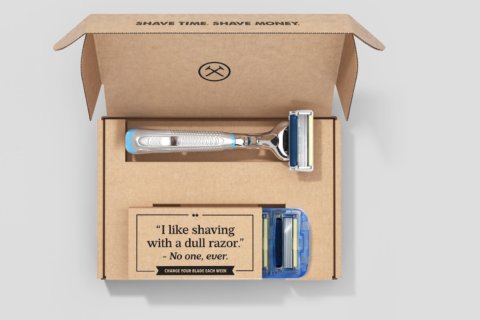
(CNN) — Think of it as Dollar Shave Club 2.0.
Over the last two years, the company has transformed from a monthly razor subscription service to a one stop shop for men, offering a line of toiletries as well as lifestyle and wellness content for men.
“We have a mission, which is to help guys take care of their minds and bodies so they can be their best selves,” founder and CEO Michael Dubin tells CNN’s Poppy Harlow in a new episode of Boss Files.
The company, which was acquired by Unilever in 2016 for a reported $1 billion, now offers fragrances, toothpaste, hair gel, body wash, moist wipes and shave butter. It also recently launched its own online and print magazine for men called MEL.
Dubin founded Dollar Shave Club in 2011 as a way to help a friend’s father offload a surplus supply of razors. But he also saw it as a solution to what he believed was the “cumbersome” and “expensive” experience of buying razors at drugstores.
By offering to sell razors for a few dollars a month online, the company took on entrenched players like Gillette and Schick. It also paved the way for other entrepreneurs, like Harry’s, to enter the space.
Dollar Shave Club now has more than 4 million members, Dubin says. And its competitor Harry’s,which launched in 2013, says it has roughly 10 million customers.
Between 2012 and 2017, Gillette’s parent company Procter & Gamble saw its market share for men’s razors and blades drop by more than 13 percentage points in the US, according to Euromonitor International, a market research provider.
Gillette has since cut prices and come up with new ways to attract customers, such as introducing 3D print razor handles. It also launched Gillette On Demand in 2017, a subscription razor service that includes text-to-order and free shipping.
In an October earnings call, P&G’s chief financial officer said Gillette’s razor subscription business was seeing “significant growth” and it was the only shaving club to see its user base growing in the US. Unilever has reported that Dollar Shave Club continues adding subscribers, but said it has been at “a slightly lower rate.”
Dubin maintains that Dollar Shave Club is pursuing a much different business model than the Gillettes and Schicks of the world.
“I think in the early days the comparison was fair. Obviously, we were selling razors, they were selling razors. But we have over three dozen products that we sell now and the service that we offer, the club vibe that we’re trying to create, the role that we’re trying to play in our members’ lives ongoingly and in the future is very different from what they’re doing,” he says.
Dubin also noted that many men’s products on store shelves are “hyper-masculinized.”
“They design some of these cans… or the bottles… to look like cans of motor oil or like energy drinks. They’re like bright orange or lime green,” he says. “It’s really hard if you’re a guy trying to pick these products what to get and there’s nobody there that can help you,” he adds.
Dollar Shave Club is aiming to personalize the experience by offering things like trial kits, he says. The goal is to help members better understand their skin and hair care needs, then create a customized assortment of products that will be delivered to them a couple of times a year.
Unilever’s acquisition has made it possible for Dubin to focus on new initiatives like this and exercise his creative muscles again. Before the company was acquired he says he was constantly on the road, pitching to venture capital firms in an effort to raise money.
“The CEO’s number one job when you’re sort of venture-backed is to make sure the company doesn’t run out of money,” he says. “So that was three months every year you had to go on the road and pitch VCs and that was very time consuming and it’s also not why I got into the business. I got into the business because I love to build things and I love to build brands.”
Dubin, who has a background in improv and marketing, helped put the company on the map with its first ad in 2012. The YouTube video went viral and has since logged more than 26 million views.
In July, the company launched the Get Ready ad campaign, featuring men of different races, ages, and identities getting ready in various bathrooms.
“If you look back at all of our creative over the years, we have always had a spirit of inclusion, of diversity, of trying to celebrate different types of men,” Dubin tells Harlow. “It’s designed to reflect our member base, and it’s designed to reflect our country at large,” says Dubin.

